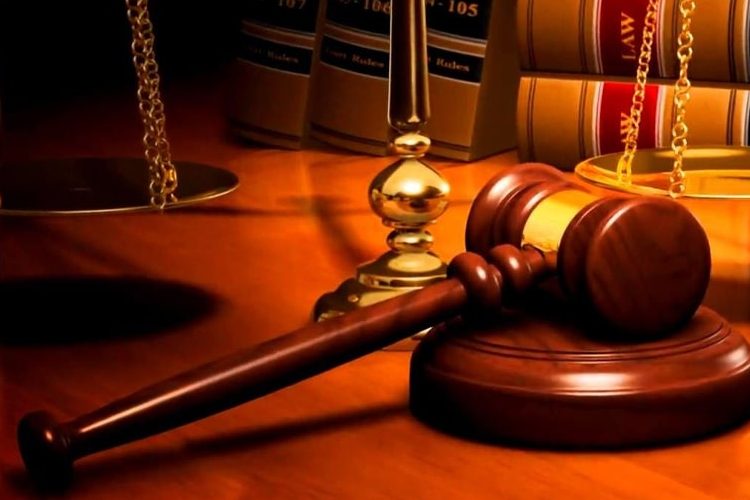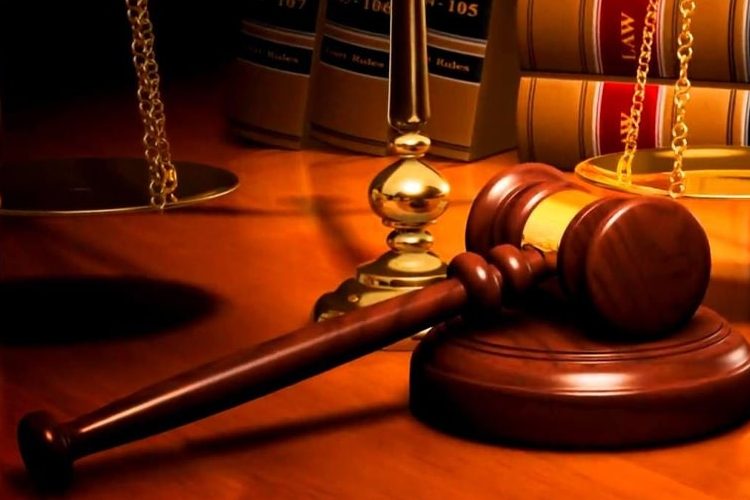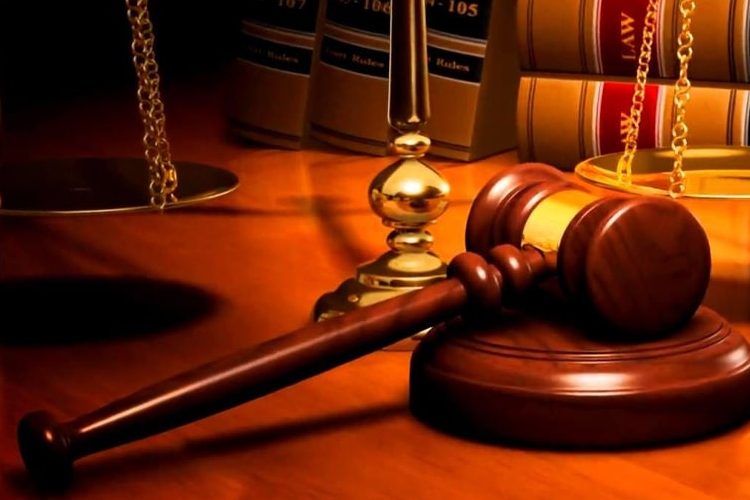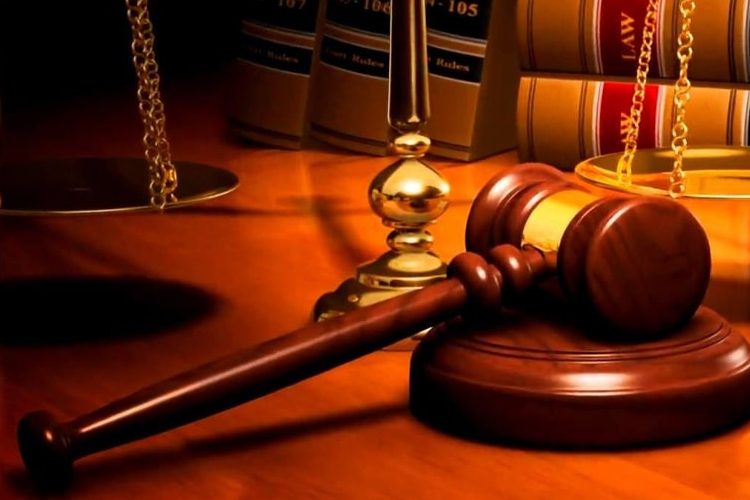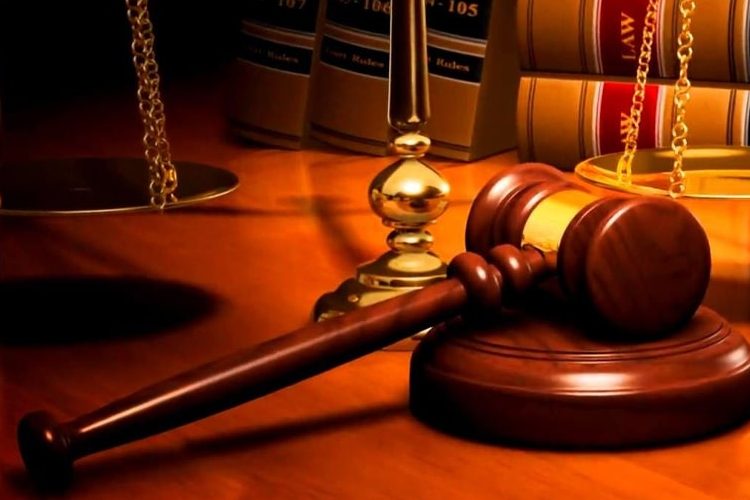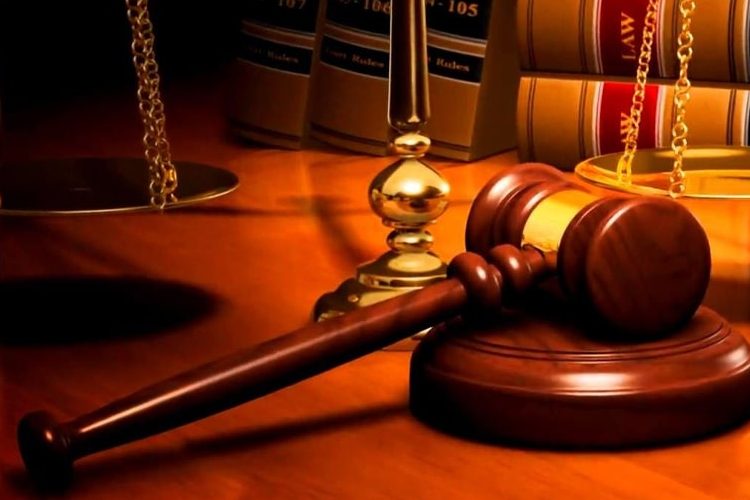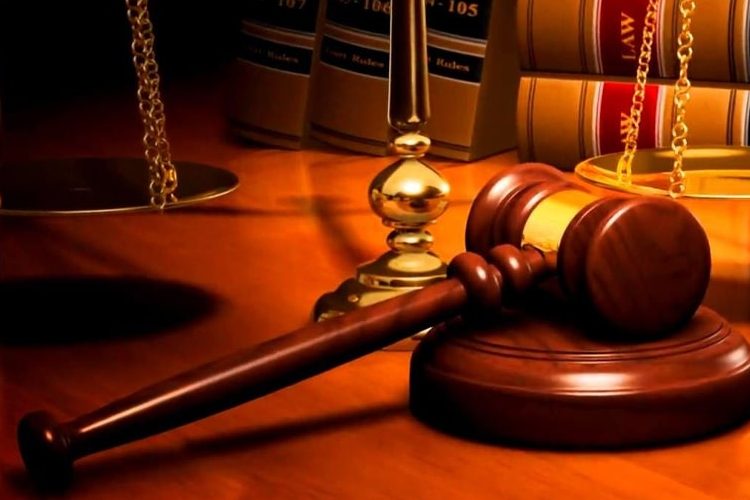
Workmen of Firestone Tyre and Rubber Co. of India v. Firestone Tyre and Rubber Company
- 2022-02-17
Citation: 1984 AIR 802
Bench: P.N Bhagwati, R.S Pathak, Amarendra Nath Sen
FACTS:
The petitioner is an organization that had been working toward the liberation and release of bonded labourers across the country. They had addressed a letter to Justice Bhagwati with the allegation that labourers from different parts of the country were working in stone quarries in Faridabad in inhuman conditions as bonded labourers. The petitioner also alleged that the various social welfare provisions of the constitution and the various legislations were not being implemented.
The letter detailed the conditions of the labourer as follows
The Court treated the letter as a writ petition and appointed a commission to inquire into the allegations made by the petitioner.
ISSUES:
Whether the writ petition was maintainable under Article 32 of the Constitution and whether a relief could be granted by the Supreme Court.
JUDGMENT:
The Court dispensed with following the adversarial procedure as the disadvantaged parties were not in a position to produce their evidence. Instead, the Court suggested a proactive investigation by the State. The rationale being that the state is under a Constitutional obligation to ensure that there are no violations of fundamental rights to any person.
The Court stated that, “Public Interest Litigation is not in the nature of adversary litigation but it is a challenge and an opportunity to the government and its officers to make basic human rights meaningful to the deprived and vulnerable sections of the community and to assure them social and economic justice which is the signature tune of our Constitution.”
The petition was held to be maintainable and the state government was put under an obligation to rectify its failure in ensuring compliance with relevant labour laws.

